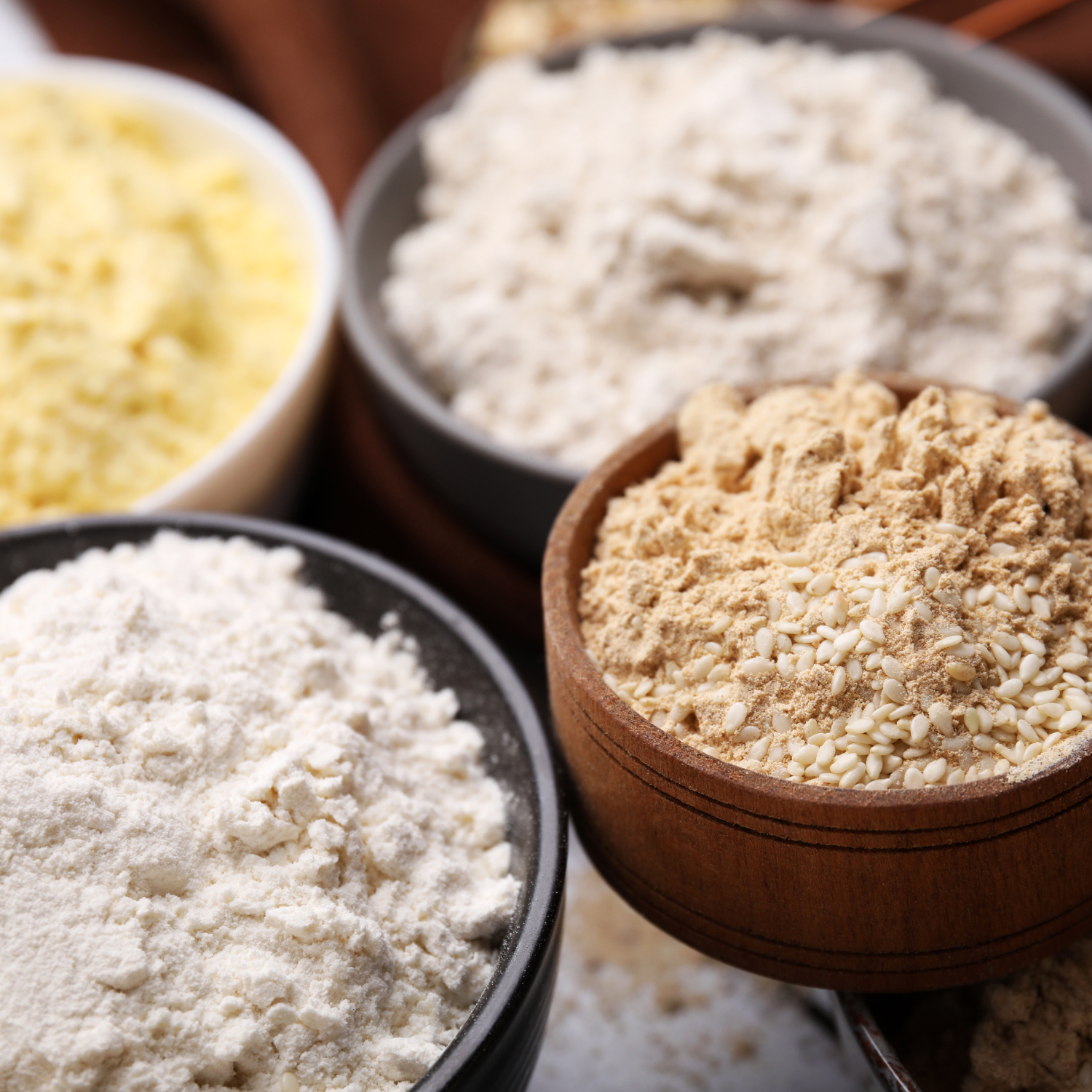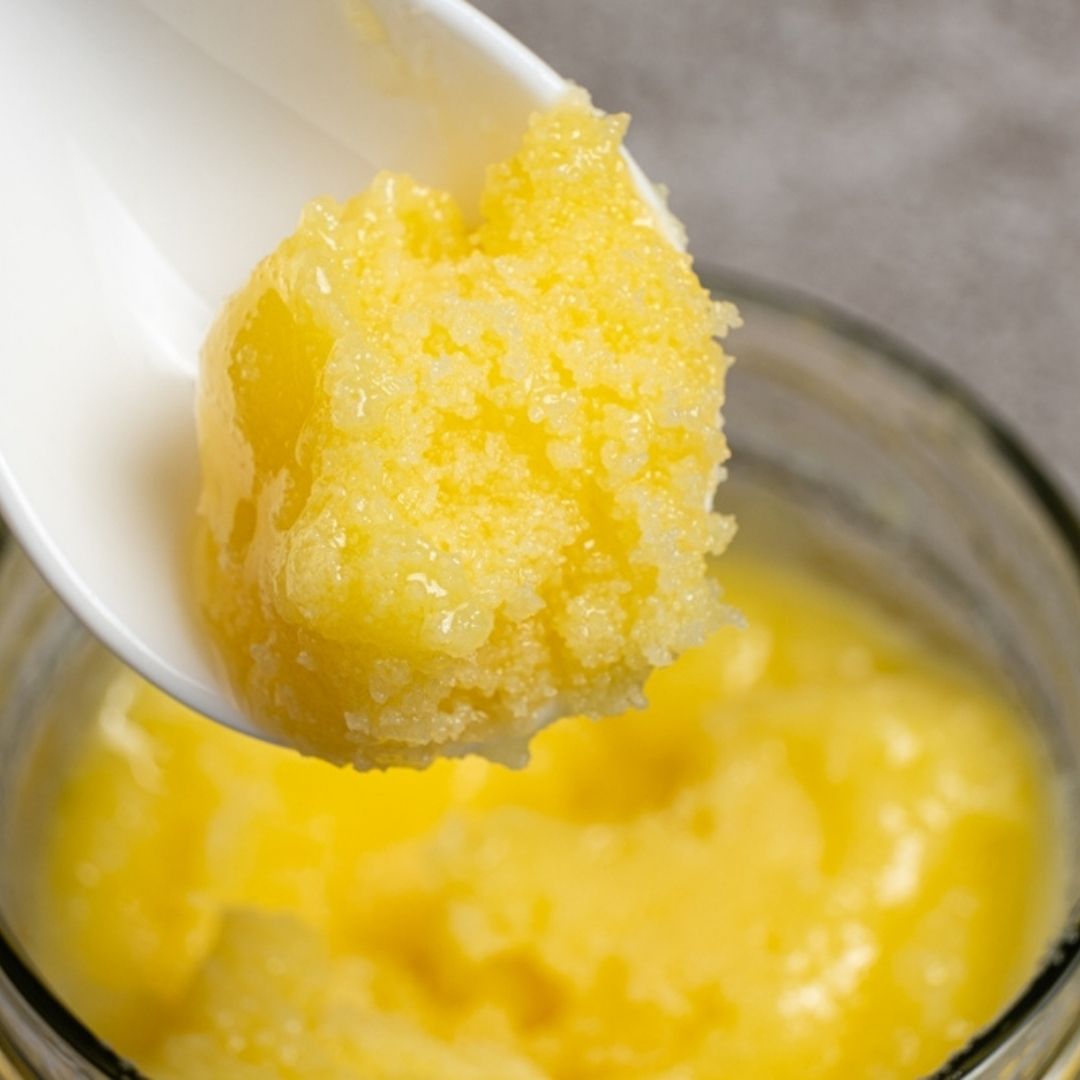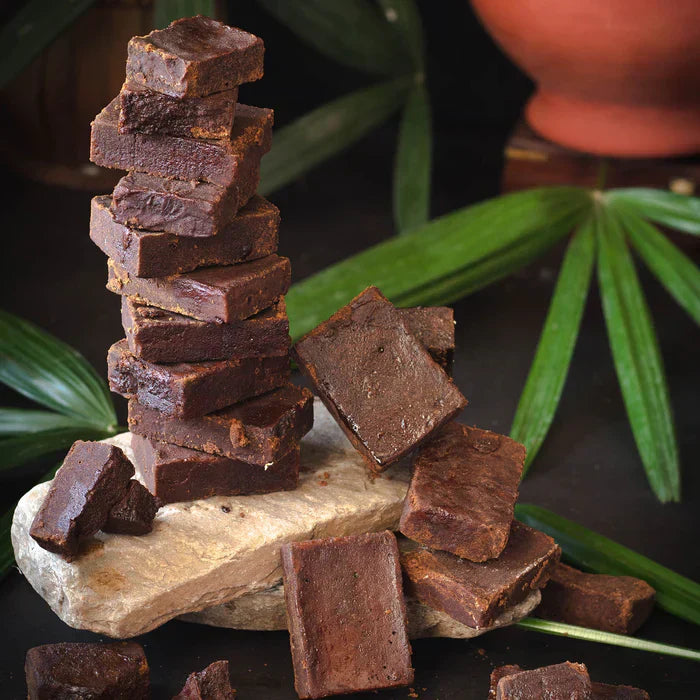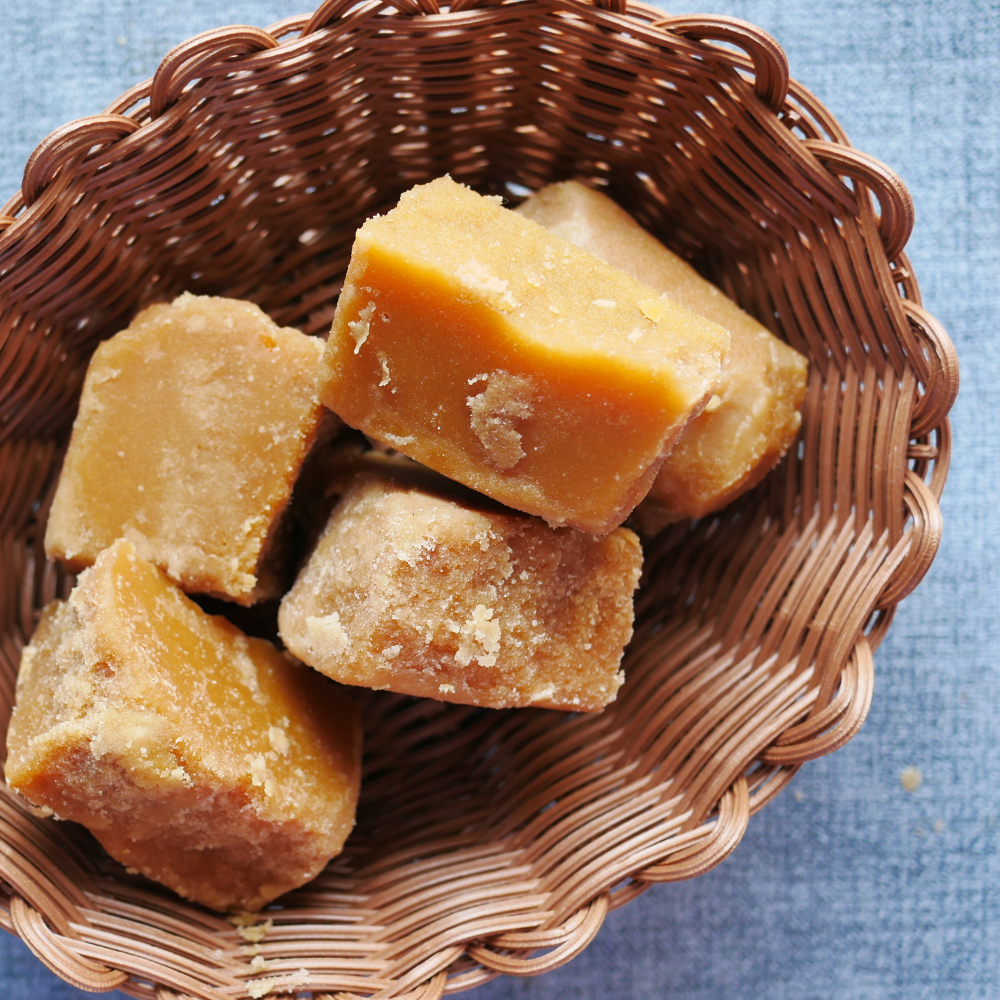Introduction
For decades, ghee has been both praised and criticized when it comes to heart health. Some believe that it is a superfood that provides healthy fats essential for overall well-being, while others worry that its saturated fat content could raise cholesterol levels and increase the risk of cardiovascular disease. But what does science say? Is ghee a heart-friendly fat or a risk factor?
With growing awareness about A2 Ghee and its benefits, more people are turning to pure, grass-fed desi cow ghee from brands like Two Brothers USA. This article separates fact from fiction, exploring how ghee impacts cholesterol, heart health, and overall cardiovascular function.
Understanding Ghee: Composition & Nutrients
What is Ghee?
Ghee is a clarified butter that has been used in Ayurvedic medicine and traditional Indian diets for centuries. Unlike regular butter, it is free from lactose and casein, making it easier to digest. The quality of ghee, however, depends on the source of milk. A2 Ghee, made from the milk of indigenous cows, is considered superior due to its nutrient density and purity.
Nutritional Composition of A2 Ghee
A2 Ghee contains a unique blend of essential nutrients that support heart health:
-
Healthy Saturated Fats – Provide long-lasting energy without spiking blood sugar.
-
Omega-3 & Omega-6 Fatty Acids – Help reduce inflammation and support cardiovascular function.
-
Conjugated Linoleic Acid (CLA) – Supports metabolism and may help manage cholesterol levels.
-
Butyric Acid – A short-chain fatty acid known for its anti-inflammatory properties.
-
Vitamins A, D, E, and K2 – Play a crucial role in calcium absorption, blood circulation, and overall heart function.
Unlike processed vegetable oils that contain harmful trans fats, A2 Ghee is a natural, stable fat that supports overall metabolic health.
Ghee and Heart Health: The Science
Does Ghee Raise Cholesterol Levels?
One of the biggest concerns about ghee and cardiovascular health is its impact on cholesterol. Many assume that because ghee contains saturated fats, it must raise LDL (bad) cholesterol and increase the risk of heart disease. However, recent studies suggest that not all saturated fats are harmful.
How A2 Ghee Affects Heart Health:
-
Increases HDL (Good Cholesterol) – Studies indicate that A2 Ghee helps boost good cholesterol, which is essential for clearing excess LDL from the bloodstream.
-
May Improve LDL Particle Size – Large, fluffy LDL particles are considered less harmful than small, dense LDL, which is linked to plaque buildup. Ghee appears to support a healthier LDL profile.
-
Supports Arterial Health – The presence of vitamin K2 in A2 Ghee helps prevent calcium buildup in arteries, reducing the risk of arterial hardening.
-
Contains Anti-Inflammatory Fats – The CLA and butyric acid in A2 Ghee have been shown to lower inflammation, which is a significant risk factor for heart disease.
In fact, a study published in the Journal of Clinical and Diagnostic Research found that moderate ghee consumption did not increase LDL levels in healthy individuals and may actually improve lipid profiles when consumed as part of a balanced diet.

Common Myths vs. Reality
Myth 1: Ghee Causes Heart Disease
Reality: Modern research indicates that natural saturated fats like ghee do not directly cause heart disease. The real culprits are processed trans fats and refined vegetable oils that contribute to inflammation and oxidative stress.
Myth 2: Ghee Clogs Arteries
Reality: Unlike hydrogenated oils, ghee is rich in vitamin K2, which helps prevent arterial calcification and supports proper calcium metabolism.
Myth 3: Ghee Should Be Avoided in a Heart-Healthy Diet
Reality: Pure A2 Ghee is actually one of the best fats for heart health, especially when consumed in moderation alongside a balanced diet rich in fiber, lean proteins, and healthy carbohydrates.
Who Should Be Cautious?
While A2 Ghee offers multiple health benefits, certain individuals may need to be mindful of their consumption:
-
People with High LDL Levels – If you already have high LDL cholesterol, it’s essential to monitor your intake and focus on consuming ghee in combination with a heart-friendly diet.
-
Those with a Sedentary Lifestyle – Excessive ghee consumption without physical activity may lead to weight gain and potential heart strain.
-
Individuals with Pre-existing Heart Conditions – If you have a history of heart disease, consult your doctor before making significant dietary changes.
For most people, including A2 Ghee in a well-rounded diet provides more benefits than risks, especially when replacing unhealthy fats.
FAQs
1. How much ghee can I consume daily for heart health?
A moderate amount, around 1-2 teaspoons per day, is generally safe for heart health. If you are active, you may consume up to 1-2 tablespoons per day.
2. Does ghee cause weight gain and obesity?
No, ghee contains healthy fats that promote satiety, preventing overeating. However, excessive consumption without exercise can lead to weight gain.
3. Is ghee better than vegetable oils for heart health?
Yes! Unlike processed vegetable oils that contain harmful trans fats, ghee is a stable fat that supports overall cardiovascular function.
4. Can people with high cholesterol eat ghee?
Yes, but in moderation. A2 Ghee may actually help improve lipid profiles by raising HDL (good cholesterol) while maintaining healthy LDL levels.
5. Where can I buy high-quality A2 Ghee?
You can buy authentic A2 Ghee from Two Brothers USA at TwoBrothersFood.com.
Conclusion:
The verdict on ghee and heart health is clear—pure, grass-fed A2 Ghee from Two Brothers USA is a heart-friendly fat when consumed in moderation. Unlike refined oils and processed fats, ghee provides essential nutrients, supports cholesterol balance, and helps reduce inflammation.
By choosing high-quality A2 Ghee, you can enjoy its rich flavor and health benefits while maintaining a heart-healthy lifestyle.









